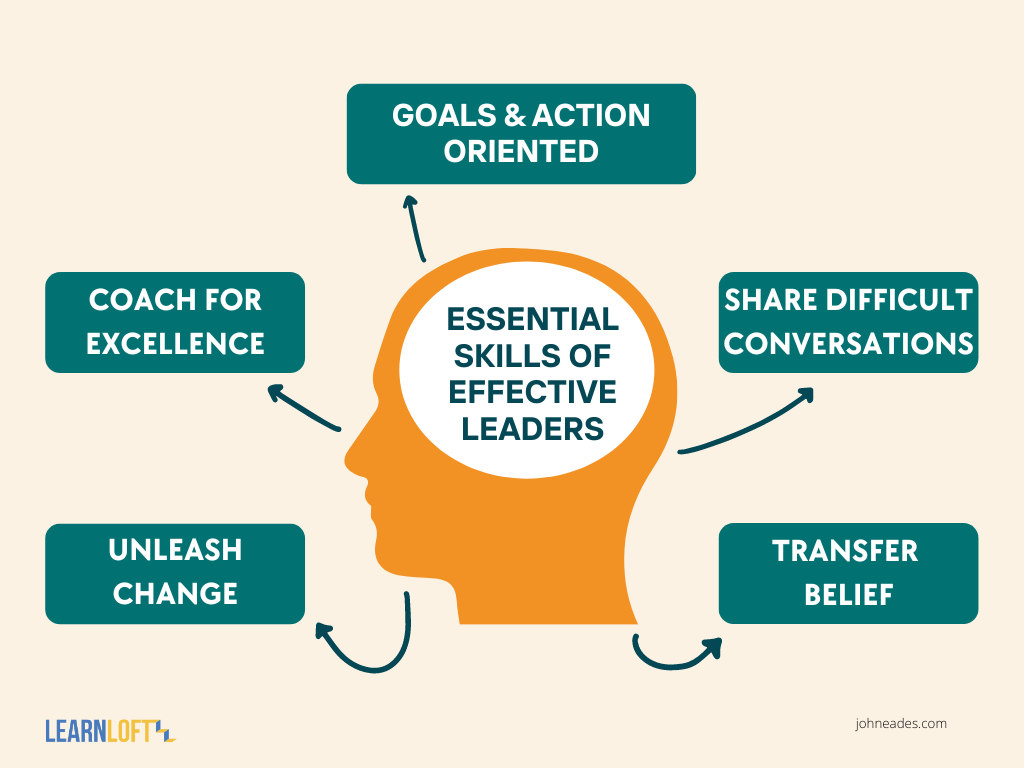Comments
- No comments found

Anyone who is a great leader cares about being a good person.
Unfortunately, being a good person doesn't automatically make you a great leader. Having qualities such as being kind, empathetic, compassionate, helpful, thoughtful, and morally strong are excellent traits, but they don't guarantee you help others maximize their potential.
For clarity, I defined a leader in Building the Best as someone whose actions inspire, empower, and serve to elevate others. Author Gary Keller got to the core of elevating others on the Game Changers podcast by saying, "Leadership is about helping people be productive."
Leadership is helping people be productive.
In other words, being a good person is essential, but helping others be productive is a different story. This isn't to say being a jerk is the way to leadership, but leadership requires an extra gear.
In coaching and developing leaders, I have learned that while being a good person and a good leader share some similarities, the two have some distinct differences. I have identified five qualities, abilities, or skills that go beyond the basic leadership skills of vision, influence, adaptability, and accountability. All of them are essential to helping others be productive and maximize their potential.

Great leaders know a significant part of their responsibility is to unleash change within an individual or a team. It's human nature to desire to remain the same, but that is no longer possible. The late Jack Welch knew exactly why unleashing change was so critical when he said, "If the rate of change on the outside exceeds the rate of change on the inside, the end is near."
Unleashing change requires leadership.
To take Welch's wisdom a step further, unleashing change requires leadership. People are creatures of habit and prefer to stay in places of safety and comfort. If you are looking for ideas for how to unleash change? Sign up for the free webinar "The Change Funnel."
Leaders refuse to settle for average. Team members that don't continually get better and work towards achieving higher levels of excellence last only a short time. Leaders are ultimately judged by what other people do. One of your primary jobs as a leader is to coach, teach, and mentor others to help them grow, develop and perform. I share a principle in Coaching for Excellence: "Coaching starts in the mind before it's an action."
Coaching starts in the mind before it's an action.
Before you ask a great coaching question or implement a personal development plan, thinking you can coach someone to higher levels of performance is a requirement.
Good leaders refuse to allow ambiguity around goals and targets. They know that when you aim small, you hit big. Setting realistic yet stretch goals is a great place to start to help someone else be more productive.
As Peter Drucker famously said, "What gets measured gets improved." The trick is to create a system to set goals, track progress toward attaining those goals, and highlight each team member's daily and weekly actions.
Leaders know having difficult conversations come with the territory. However, this doesn't mean every person is genetically wired for it. Some leaders are agreeable introverts, and having tough discussions makes the hair on their arms stand. However, if you care about developing people like I do, challenging people is a part of the job. Said differently:
Being a good leader requires you to challenge people.
Good friends can transfer belief, but good leaders know it's required. On a recent episode of the John Eades podcast, Thomas R. Williams said, "Leadership is a transfer of belief." He continued, "Belief can also be borrowed. Which is when a leader has more belief in a team member than they have in themselves, and then the team member starts to act according to the leader's belief in them, until it becomes their own."
Leadership is a transfer of belief.
Williams is spot on because all belief is transferred through a source, and that source is the leader.
It's challenging to unleash change, coach for excellence, push for goals and actions, share difficult conversations, and transfer belief. However, they are a requirement if you want to be more than a good person and become a great leader.
John is the CEO of LearnLoft, author of, F.M.L. Standing Out & Being a Leader and host of the 'Follow My Lead' Podcast. He writes or has been featured on Inc.com, LinkedIn Pulse, TrainingIndustry.com, eLearningIndustry.com, CNBC Money, and more. John completed his education at the University of Maryland College.
Leave your comments
Post comment as a guest